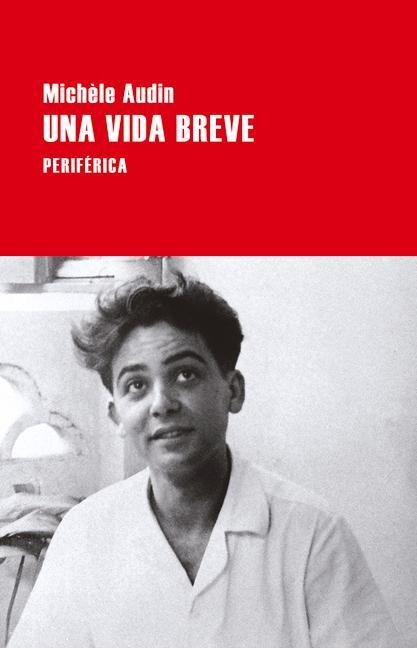
Zustellung: Mi, 18.12. - Di, 24.12.
Versand in 3-4 Wochen
VersandkostenfreiBestellen & in Filiale abholen:
Qué vale una vida? Se cumple su ciclo al morir? Puede una vida común y casi anónima resonar hasta nuestros días, convertirse en el emblema de una época? En junio de 1957, durante la batalla de Argel, el matemático y militante comunista Maurice Audin fue apresado por el Ejército francés, acusado de colaborar con el movimiento de independencia argelino. Tenía veinticinco años. Torturado hasta la muerte, su cuerpo nunca se encontró. En 2014 el Gobierno francés por fin reconoció que su desaparición, un caso que conmocionó a la sociedad francesa durante décadas, no había sido un misterio sin resolver, sino un asesinato de Estado. Este libro, a medio camino entre el documento y el ejercicio literario, no trata sobre esa muerte, sino que es la reconstrucción, a modo de inventario al más puro estilo perecquiano, del día a día de una vida prematuramente segada, una existencia que la autora indaga con la minuciosidad de un arqueólogo. <p/>What is a life worth? Is your cycle completed when you die? Can a common and almost anonymous life resonate in this day, becoming the emblem of an era? In June 1957, during the Battle of Algiers, the mathematician and communist militant Maurice Audin was arrested by the French Army, accused of collaborating with the Algerian independence movement. He was 25 years old. Tortured to death, his body was never found. In 2014, the French government finally recognized that his disappearance, a case that shocked French society for decades, had not been an unsolved mystery, but rather a state murder. This book, halfway between the document and the literary exercise, does not deal with that death, but is the reconstruction, by way of an inventory in the purest Pereccan style, of the day-to-day life of a life that was prematurely cut off, an existence that the author investigates with the thoroughness of an archaeologist.
Mehr aus dieser Reihe
Produktdetails
Erscheinungsdatum
01. Oktober 2021
Sprache
spanisch
Seitenanzahl
168
Reihe
Largo Recorrido
Autor/Autorin
Michèle Audin
Verlag/Hersteller
Produktart
kartoniert
Gewicht
227 g
Größe (L/B/H)
211/140/10 mm
ISBN
9788418264689
Entdecken Sie mehr
Bewertungen
0 Bewertungen
Es wurden noch keine Bewertungen abgegeben. Schreiben Sie die erste Bewertung zu "Una Vida Breve" und helfen Sie damit anderen bei der Kaufentscheidung.

































